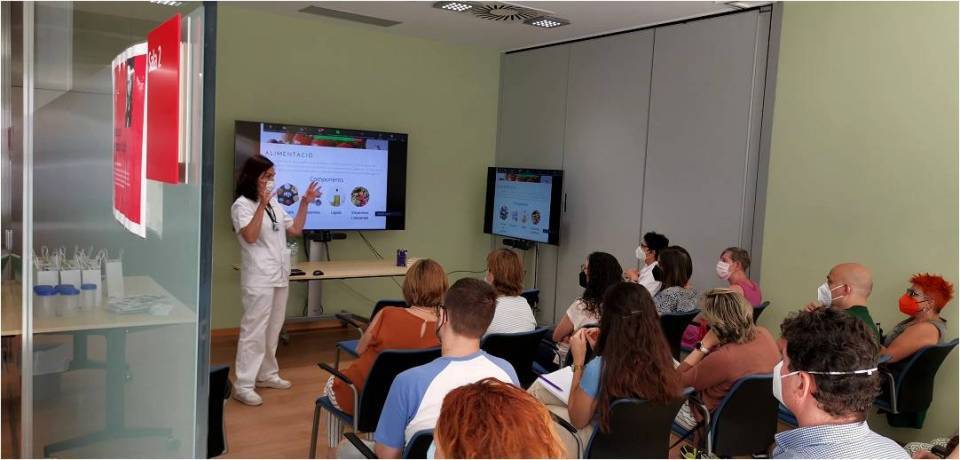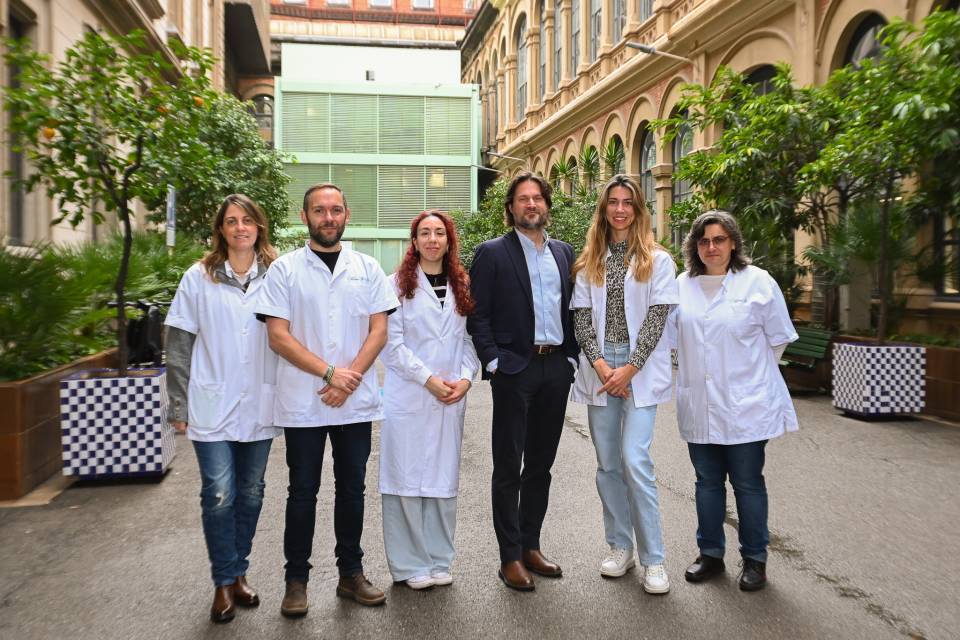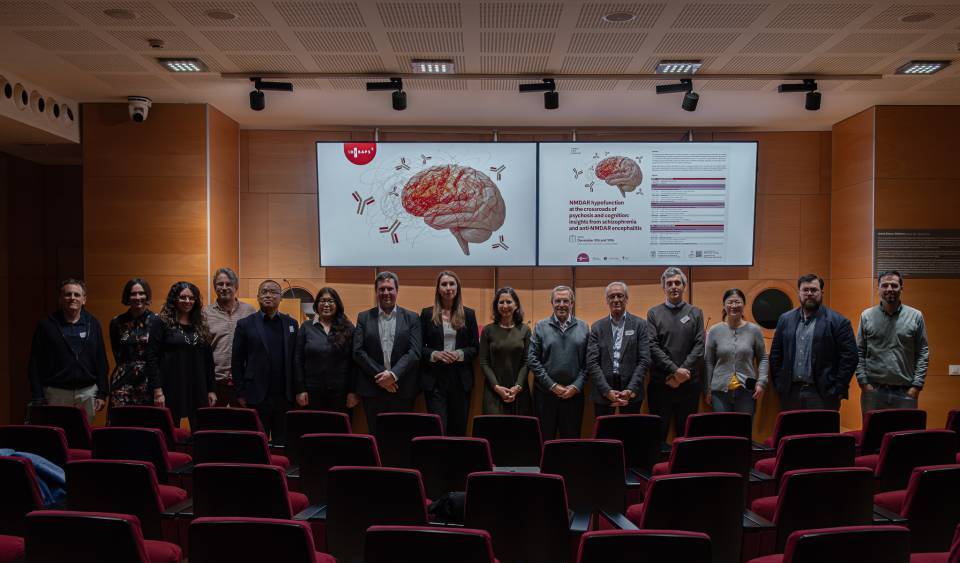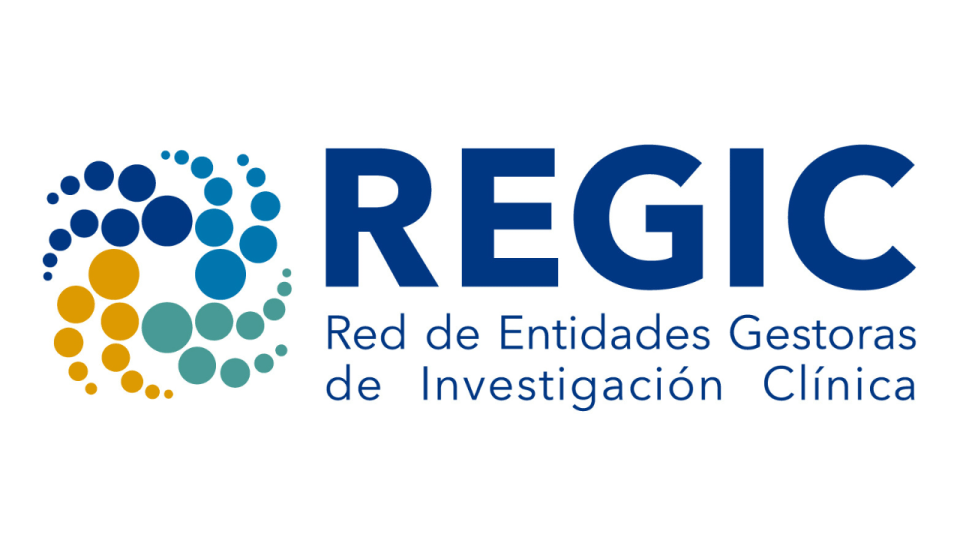Phenylketonuria (PKU) is a rare disorder that affects protein metabolism. It is hereditary and is caused by a lack of the enzyme phenylalanine hydroxylase, which converts the amino acid phenylalanine into tyrosine. This causes the phenylalanine to accumulate, creating toxicity, above all brain toxicity, and moreover, it means that the necessary quantities of tyrosine are not available. As a consequence, damage occurs to the central nervous system, which may cause severe neurocognitive disabilities.
For the occasion of International Phenylketonuria Day, held on 28 June, Adriana Pané, researcher of the IDIBAPS group Muscle research and mitochondrial function led by Josep M. Grau-Junyent, has organized, together with other researchers from Grau-Junyent's team, the University of Barcelona (UB) and the Hospital Sant Joan de Déu (HSJD), an information day for patients and family members. During the “PKU”liar day, experts, and patients discussed how to live with the disease as well as future challenges for research into phenylketonuria. Furthermore, practical workshops were organised on the “enigmas of the dried blood spot”. This procedure of extracting capillary blood that is subsequently dried on blotting paper, is fundamental for the monitoring of PKU, as it enables phenylalanine level to be ascertained in the hospital laboratory.

Diagnosis of PKU forms part of the neonatal screening programme in Catalonia. Its detection is conducted at the Neonatal Screening Laboratory of the Inborn Errors of Metabolism-IBC Section of the Biochemistry and Molecular Genetics Service at the Hospital Clínic, and its diagnostic confirmation, at the Clinical Expertise Unit of the Hospital Sant Joan de Déu. Diagnosis and early treatment can prevent serious and potentially irreversible neurological sequelae. The main treatment consists of restricting protein consumption. In other words, meat, fish, eggs, dairy, legumes and nuts. There is also a pharmacological treatment available (tetrahydrobiopterin) which can improve enzymatic activity and, therefore, protein tolerance. Unfortunately, not all patients respond and it is not always possible to follow a completely protein-free diet.
Despite the fundamental manifestations of PKU being neuropsychological, in recent years it has also been shown to have cardiovascular consequences, such as risk of arterial hypertension, alteration of blood lipid levels or diabetes, especially at adult age. Since 2019, researchers from Clínic-IDIBAPS, the UB and the HSJD have been conducting a research project, funded by the TV3 Marathon, which studies brain functioning and cardiovascular risk in all people affected by PKU and hyperphenylalaninemia in Catalonia, using next-generation technology. Furthermore, they are also analysing the influence of the intestinal flora, or gut microbiota, of the molecules resulting from the biological processes of our organism, and of oxidative stress on the severity of clinical manifestations, as well as each patient’s response to treatment.
This is an IDIBAPS UCC+I activity supported by FECYT.




